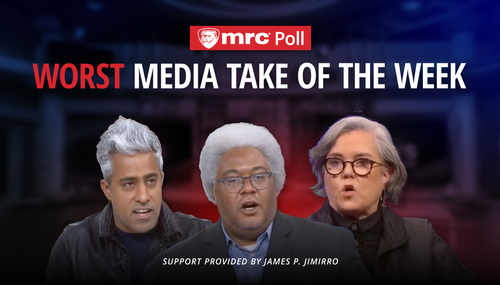Jay Solomon over at Semafor is out with a piece that details how the Iranian Foreign Ministry worked closely with a bunch of American and European academics to help sell the Iran nuclear deal back in 2014 by repeating Tehran’s lines. Members of the group, dubbed the Iran Experts Initiative, were frequent sources for media outlets before and after the deal was signed in 2015.
Ariane Tabatabai was one of the academics and she “shared a link with Zahrani to an article she’d published in the Boston Globe that outlined the ‘Five Myths about Iran’s Nuclear Program.’ The piece explained why Iran needs nuclear power and highlighted a fatwa, or religious edict, that Iran’s Supreme Leader Ayatollah Khamenei allegedly issued forbidding the development of nuclear weapons as un-Islamic. Some Western officials have questioned the legitimacy of the fatwa.”

Zahrani refers to Mostafa Zahrani of the Foreign Ministry-aligned Institute for Political and International Studies.
Tabatabai also published “published four articles, including in Foreign Policy, and gave interviews to the Huffington Post and Iran’s Fars News agency, which is linked to the powerful Islamic Revolutionary Guard Corps, mostly supporting Tehran’s views on the nuclear talks.”
Another member of the IEI was Dina Esfandiary who co-wrote an article with Tabatabai in the National Interest that argued Iran was ‘“too powerful’ to be contained and that ‘Tehran doesn’t need any agreement to be empowered and to strengthen its foothold in the region.’”

A third member of the group, Ali Vaez, “was also extremely prolific in his media outreach” and “was cited in virtually all of the U.S.’s major newspapers, including the New York Times, Wall Street Journal, Washington Post and Los Angeles Times, from the initiation of the IEI in March 2014 to the finalization of the Iran nuclear deal in July 2015.”
Vaez also sent a National Interest article to Zahrani prior to publication with the comments, “I look forward to your comments and feedback.” Solomon reports that Zahrani shared the article with Foreign Minister Javad Zarif, but it is unclear if Zarif made any changes. Solomon's report was a joint effort with Iran International and they quote an e-mail sent from Vaez to Zarif, “As an Iranian, based on my national and patriotic duty, I have not hesitated to help you in any way; from proposing to Your Excellency a public campaign against the notion of [nuclear] breakout, to assisting your team in preparing reports on practical needs of Iran.”
All three “were, or became, top aides to Robert Malley, the Biden administration’s special envoy on Iran, who was placed on leave this June following the suspension of his security clearance.”
Solomon also reports, “One of the German academics in the IEI, according to the emails, offered to ghostwrite op-eds for officials in Tehran. Others would, at times, seek advice from the Foreign Ministry’s staff about attending conferences and hearings in the U.S. and Israel.”
While the media angle of Solomon’s article is contained to what former deputy national security advisor and current MSNBC contributor Ben Rhodes called “the echo chamber,” the confluence of American media and IEI did not end there.
The Iran Deal was sold by Team Obama, and by extension the IEI, as necessary to empower the “moderates” over the “hard liners.” Vaez would continue this narrative on the June 18, 2021, edition of PBS NewsHour. Worse, a couple of years earlier on August 1, 2019’s Amanpour on CNN International and PBS, he accused the Trump Administration of pushing the country towards war with Iran. His tweets were cited on CNN on January 5, 2020, stating the droning of Qasem Soleimani would lead to a rise in anti-Americanism in the Middle East. He further appeared on the August 14, 2023, of MSNBC's Andrea Mitchell Reports and the May 7, 2023, edition of Amanpour. 
Esfandiary also went on CNN to claim that greasing Soleimani would lead Iranians to rally behind the regime, something that looks awfully silly in light of recent Iranian protests, a similar sentiment to what she told CNN the previous year when Trump reinstituted sanctions.
Tabatabai also appeared on the December 27, 2019, edition of PBS NewsHour.
The media outlets that were used by the IEI may claim they had no idea of their sources’ connections with the Iranian Foreign Ministry, but how much research did they do? It wasn’t an accident that Team Obama used the media as an “echo chamber.”




